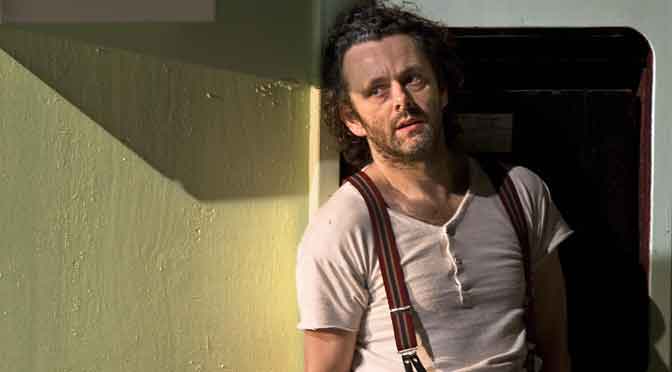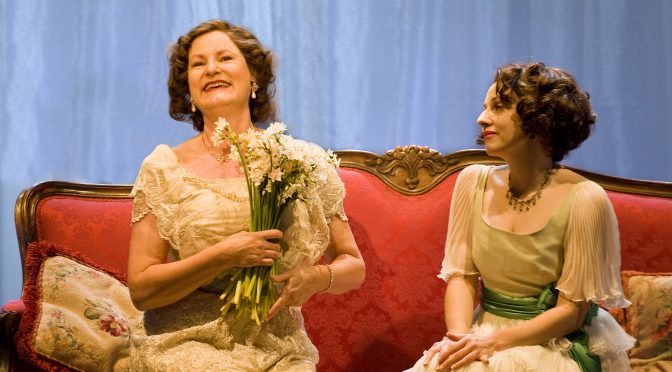There have been lots of Hamlets: it seems that the character is infinite in variety as well as faculty, and it’s easy to imagine the pressure to come up with something different. Director Ian Rickson’s angle at the Young Vic Theatre is to stage the play in a lunatic asylum, an insane idea that not only adds nothing to the play, but actually severely detracts from it.
Of all the different productions of Hamlet one can think of, one constant remains intact – the equivocation concerning Hamlet’s sanity that is so central to the text. Not only is this dramatic, it goes to the heart of Shakespeare’s search for Hamlet’s humanity. Rickson simply abandons this question: his Hamlet is an inmate. Clearly schizophrenic (he adopts the persona of his father), he is reduced from an everyman to a madman
Straitjacketing the text into the concept produces inconsistencies too numerous to mention, from the trivial (it’s an odd asylum that lets its inmates play with swords) to the essential – if Hamlet is merely delusional, why is a supernatural presence suggested anyway? If you can remain calm in the face of all this you might enjoy the production’s attempts to get around these problems, albeit problems of its own making. Jeremy Herbert’s design is impressive – it even includes a pre-show ‘tour’ where the audience walks backstage to acquaint itself with the institution. It’s big – but it isn’t clever. Indeed, by the end of the show it is quite literally dumb with Fortinbras reduced to hand signals to reveal Rickson’s final ‘twist’.
Some benefit from all this stupidity: Michael Gould is convincing as a more prominent than usual Polonius, and Vinette Robinson is moving as a Ophelia who seems at home in this madhouse. But the majority of characters suffer: the move from King to councillor is too much of a demotion for the role of Claudius, and James Clyde is wasted in the part, while Gertrude is reduced to a spaced-out victim – it isn’t clear if she is an inmate or not.
The greatest loss though is Michael Sheen in the title role. A talented actor, always magnetic on stage, it is clear from his powerful soliloquies what a great Hamlet he could have been. Trapped inside Ian Rickson’s concept, he is denied the chance. This is the real tragedy of the evening.
Until 21 January 2011
Written 11 November 2011 for The London Magazine


